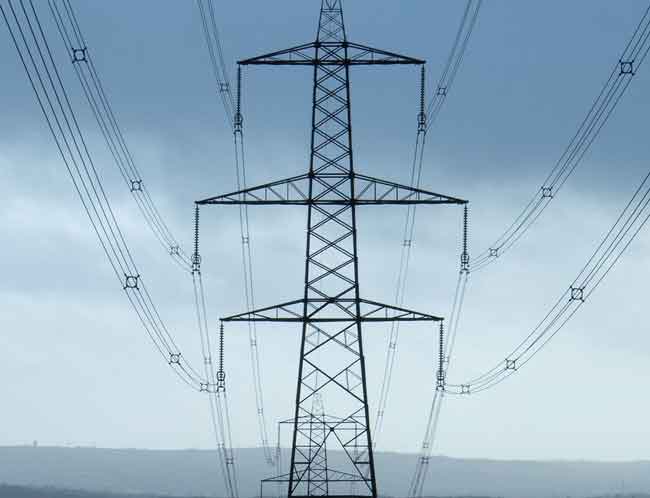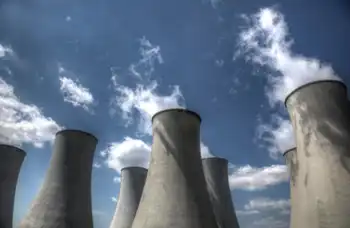Coal tops oilsands with greenhouse gas: scientist
EDMONTON, ALBERTA - One of the world's leading experts on greenhouse-gas emissions says environmentalists have incorrectly targeted the Alberta oilsands, and should instead focus on coal-fired electricity.
"If we're serious, we have to think about cutting (emissions) where it's cheapest. We can't afford to just spend our money cutting it wherever the current politics tells us to cut it," says Prof. David Keith, an environmental and energy expert from the University of Calgary, who was voted the top environmental scientist in 2006 by Canadian Geographic magazine.
Oilsands make up only three to four per cent of Canada's emissions. If oilsands production tripled and didn't cut emissions, it would be up to 15 per cent of Canadian emissions by 2025. "That's just not a very big number," Keith said.
But the generation of electricity amounts to 40 per cent of global CO2 emissions, almost all of it coming from coal-fired power, and this is the cheapest place to make effective emissions cuts, he said.
"If you were actually rationally thinking that we have a serious climate-change problem and we have to do something about it, the electricity sector is the place you can make the really big moves."
But Keith doesn't let Alberta politicians or business leaders off the hook. Speaking to Edmonton business leaders at a conference on oilsands development, Keith also stressed the need for the Alberta government to get more serious in tackling climate change - because of drought in southern Alberta, and because of economic sanctions against the oilsands by "dirty oil" campaigns.
Stelmach and his cabinet need to meet with the best experts in the world to come up with solutions, Keith said, and, most important, cabinet has to get past its skepticism that climate change is real.
"There are clearly some people in the cabinet who still really don't believe in climate science, and I don't think that just shouting at them will fix it. I think they need to thrash that out internally.... I don't think that has been done in an adequate way. And I don't think until it has been done they can make the kind of decisions they need to make."
Related News

Is 5G a waste of electricity? Experts say it's complicated
BEIJING - As 5G developers look desperately for a "killer app" to prove the usefulness of the superfast wireless technology, mobile carriers in China are complaining about the high energy cost of 5G signal towers.
And the situation is, according to experts, more complicated than many have thought.
The costly 5G
5G technology can be 10 or more times faster than 4G and significantly more responsive to users' input, but the speed comes at a cost.
A 5G base station consumes "four times more electricity" than its 4G counterpart, said Ding Haiyu, head of wireless and terminals at the China Mobile Research Institute, during…




